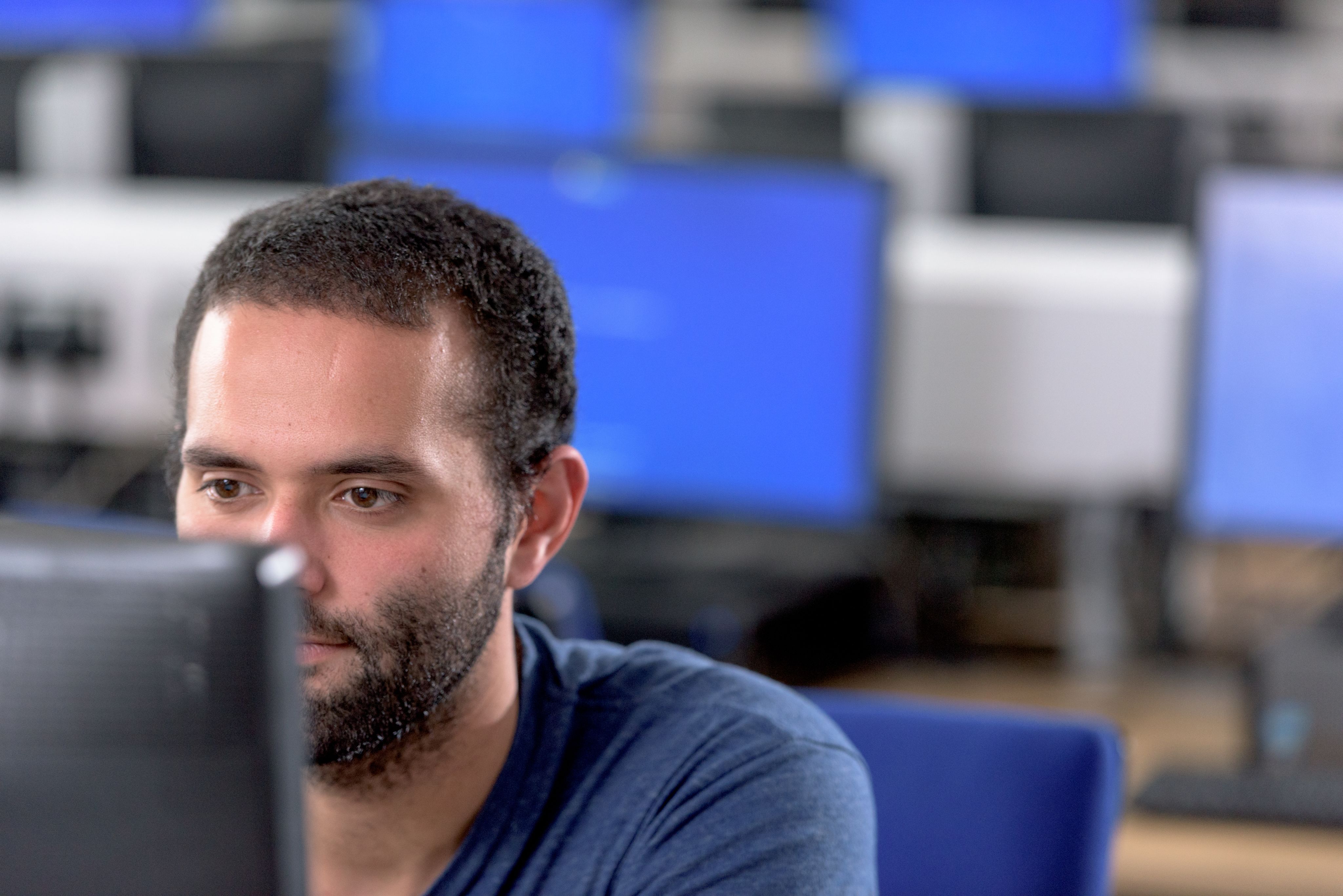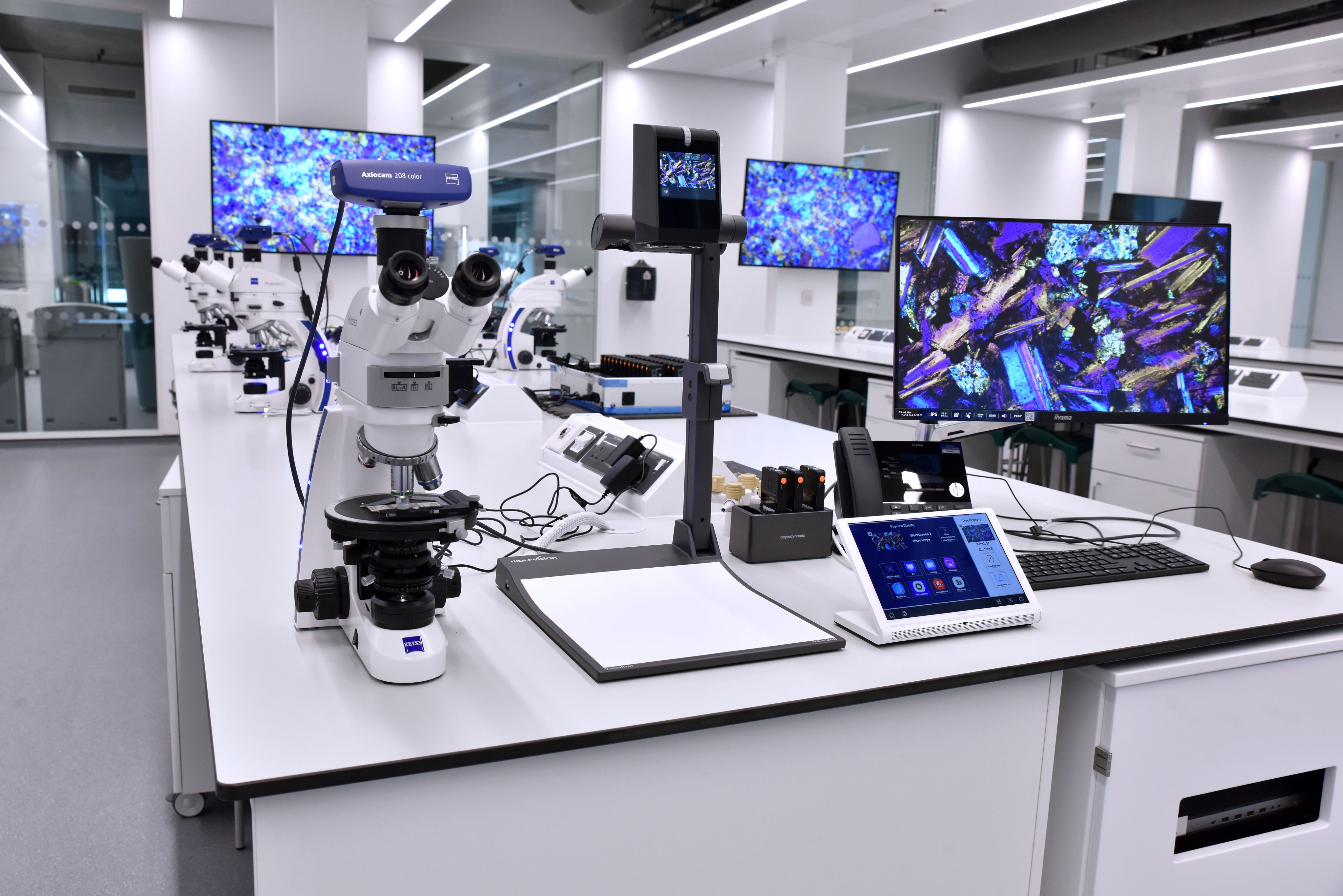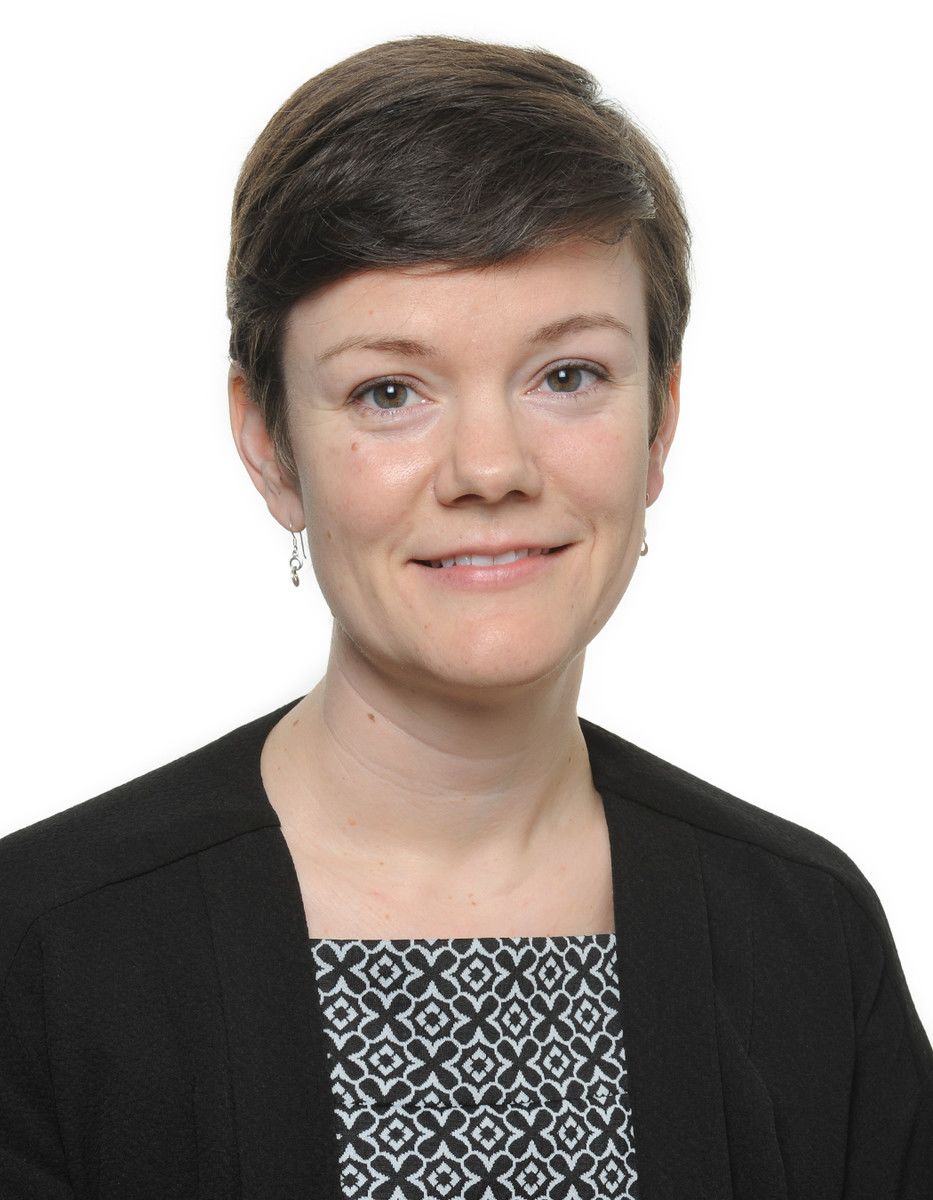Linking local data for national insights
The Digital Research Team’s Grampian Data Safe Haven (DaSH), established with NHS Grampian, has been up and running for a decade, providing a safe and secure environment in which unconsented patient data can be processed.
A key feature of DaSH is its ability to link datasets both within and outside of healthcare, as exemplified by the Networked Data Lab project, which is bringing new insights to public health.

“The DASH team are absolute experts in the regulatory procedures and the data governance aspects of this kind of work.”
“We’re happy to hear from researchers at any point from study design to a data request. Contacting us early on means we’ll be able to improve the process.”


Background
Data ‘safe havens’ store digital patient data safely and securely, with only a small team allowed to access the data directly. By allowing research to be carried out on routinely collected data while also protecting the privacy of patients, these trusted research environments are a crucial part of harnessing the power of patient records for research.
Researchers request the datasets, which are then processed and provided in a de-identified way for analysis. Some data is already held within DaSH and sometimes datasets are brought in for a specific project.
“We help researchers with everything from study design to all the paperwork associated with getting regulatory approval for using the data. The amount of support we give depends on when in the process we’re contacted, and how experienced the researcher is with safe havens. We’re happy to hear from people at any point but contacting us early on means we’ll probably be able to save you time.”

As well as acquiring datasets, DaSH offers the capability to link unconsented patient records with consented records from, for example, clinical trials. They can also link healthcare data with population data.
Impact
One project using this data linkage is the Networked Data Lab (NDL), a six-year Health Foundation-funded project using patient records to gain insight into public health challenges. Often the quality of data is better at a local level, so the broader NDL project has five sites across the UK, including Aberdeen. Each uses local data to build a national picture.
The first project looked at the impact of shielding from Covid on clinically vulnerable people, and the second at children and young people’s mental health.

“We need to be able to link datasets for prescriptions, outpatient care and hospital admissions, as well as council data. DaSH already held some of this data, but in other cases they went through all the regulatory steps to acquire it,” says Dr Jessica Butler, Research Fellow at the Aberdeen Centre for Health Data Science.
Once the data is in the system, it often needs a lot of work to prepare it for analysis. “I think researchers think it’s easier than it is. The data are not collected for research, they are collected to run a healthcare system. I’d urge any researcher to work closely with their DaSH analyst to make sure you understand quality issues and the impact on your research.”
Jessica advises anyone with a project in mind to get in touch with DaSH at the earliest opportunity, to ensure that they are scientific partners on projects, rather than service providers.
“You could even cost a DaSH team member into your grant application as a data science collaborator. That way they can be intensive collaborators, and your science will be all the stronger for it.”
Find out more about Dash here or email dash@abdn.ac.uk.

Dr Jessica Butler
Dr Jessica Butler
